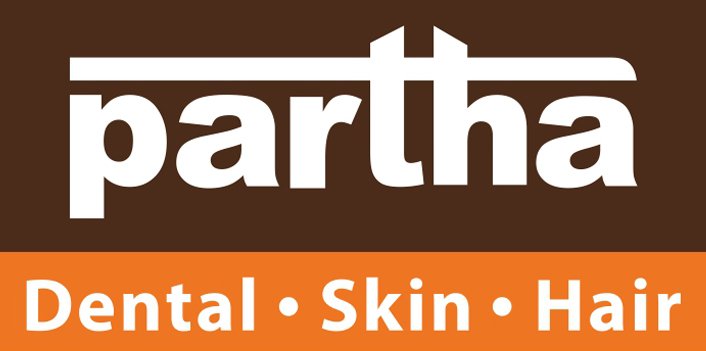Dry mouth, also known as xerostomia, occurs when your mouth’s salivary glands do not produce enough saliva.
Saliva is an essential component of a healthy human being. It is primarily composed of water. However, saliva contains crucial elements that your body requires for digestion and tooth strength.
Saliva is essential because it:
- Maintains the moisture and comfort of your mouth.
- Aids in chewing, tasting, and swallowing
- It fights germs in your mouth and keeps bad breath at a distance.
- Contains proteins and minerals that maintain tooth enamel and help prevent decay and gum disease.
- Aids in the retention of dentures.
What Causes a Dry Mouth?
- Medications: Dry mouth is a side effect of hundreds of medications, including many over-the-counter medications. Some of the drugs used to treat depression, high blood pressure, and anxiety, as well as some antihistamines, decongestants, muscle relaxants, and pain relievers, are among those more likely to cause problems.
- Aging: Dry mouth is a common complaint among the elderly. Changes in the body’s ability to process medication, inadequate nutrition, and long-term health problems are all contributing factors.
- Cancer Therapy: Chemotherapy drugs can alter the composition and quantity of saliva produced. This could be temporary, with normal salivary flow returning after treatment. Radiation treatments to the head and neck can damage the salivary glands, resulting in a significant decrease in saliva production. Depending on the radiation dose and area treated, this could be temporary or permanent.
- Damage to the nerve: can be caused by an injury or surgery that causes nerve damage in your head and neck area.
- Tobacco and alcohol use: Dry mouth symptoms can be exacerbated by drinking alcohol and smoking or chewing tobacco.
- Other health conditions: Dry mouth can be caused by a variety of medical conditions, including diabetes, stroke, yeast infection in the mouth, or Alzheimer’s disease, as well as autoimmune diseases like Sjogren’s syndrome or HIV/AIDS. Snoring and breathing with your mouth open can also cause dry mouth.
What Are the Symptoms of Dry Mouth?
- A sticky, dry feeling in the mouth
- Constant thirst
- Sores in the mouth; sores or split skin around the mouth’s corners; cracked lips.
- A dry sensation in the throat
- A stinging or burning sensation in the mouth, particularly on the tongue.
- A tongue that is dry, red, and raw.
- Speaking difficulties or difficulties tasting, chewing, and swallowing
- Sore throat, hoarseness, and dry nasal passages.
- Bad odor from the mouth.
Dry mouth treatment:
- Discontinue any medications that cause dry mouth. If your doctor suspects that medication is the cause, your dentist may adjust your dosage or switch you to a different medication that does not cause dry mouth.
- If you have a dry mouth, your doctor may also recommend an oral rinse to restore moisture to your mouth. These products are available over the counter as a rinse or spray.
- There are also kinds of toothpaste, mouthwashes, and moisturizing gels designed specifically for dry mouth; ask your dentist about them.
- If that doesn’t work, they may prescribe a medication to increase saliva production.
How to Manage a Dry Mouth?
- Suck on sugar-free candy or chew sugar-free gum, preferably xylitol-containing chewing gum.
- Drink plenty of water to keep your mouth moist.
- Brush with fluoride toothpaste, rinse with fluoride mouthwash, and see your dentist on a regular basis.
- Commercial mouthwashes or rinses containing alcohol or peroxide should be avoided. These ingredients will make your mouth even drier.
- As much as possible, breathe through your nose rather than your mouth.
- Consume cool or room temperature soft, moist foods.
- Avoid salty foods, dry foods, and high-sugar foods and beverages.
- Avoid smoking, alcohol, acidic, and caffeine-containing beverages.
- Apply a moisturizer to your lips.
- Brush your teeth and gums with a soft-bristled toothbrush, and rinse your mouth with plain water before and after meals.




